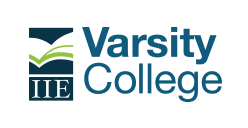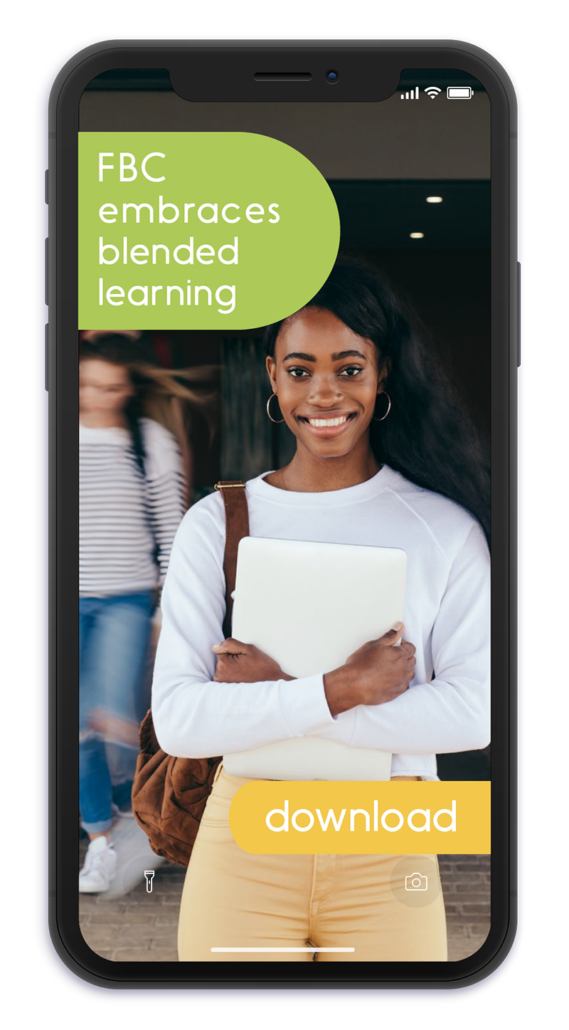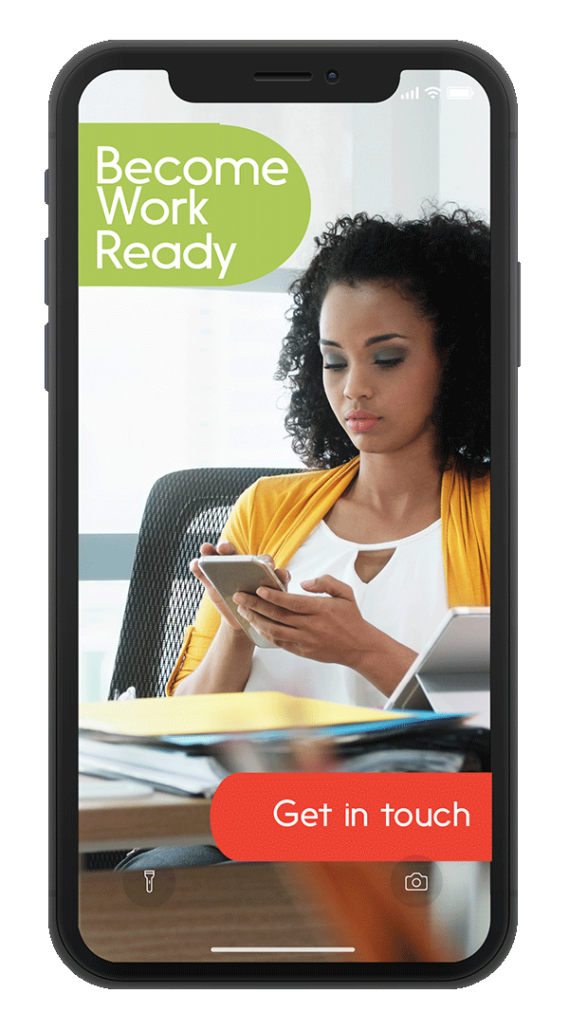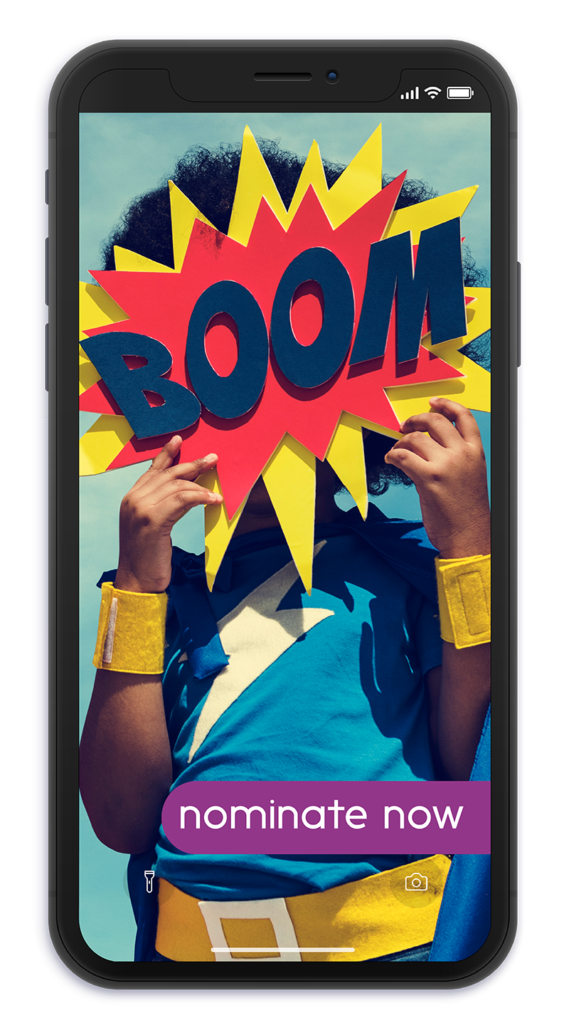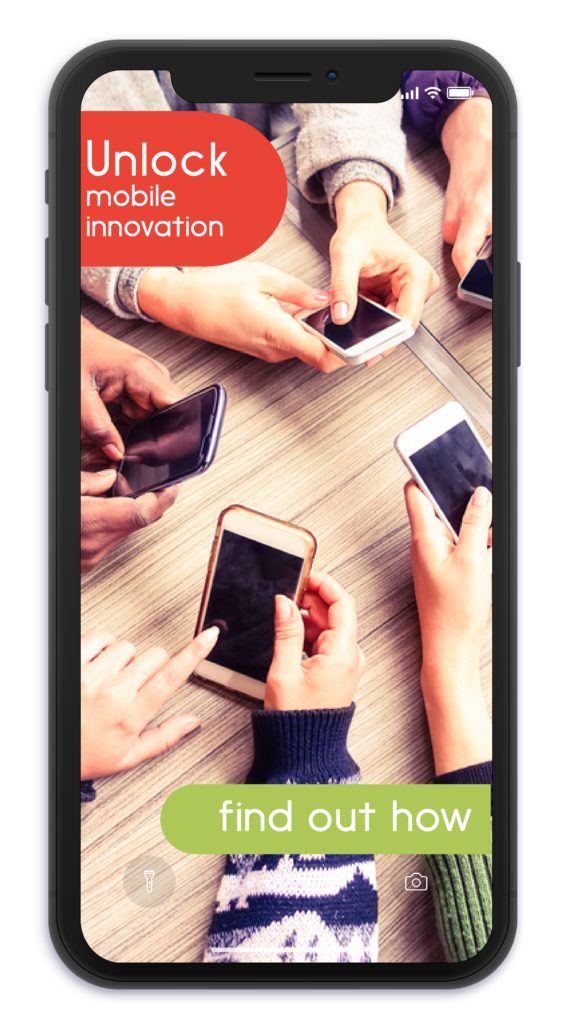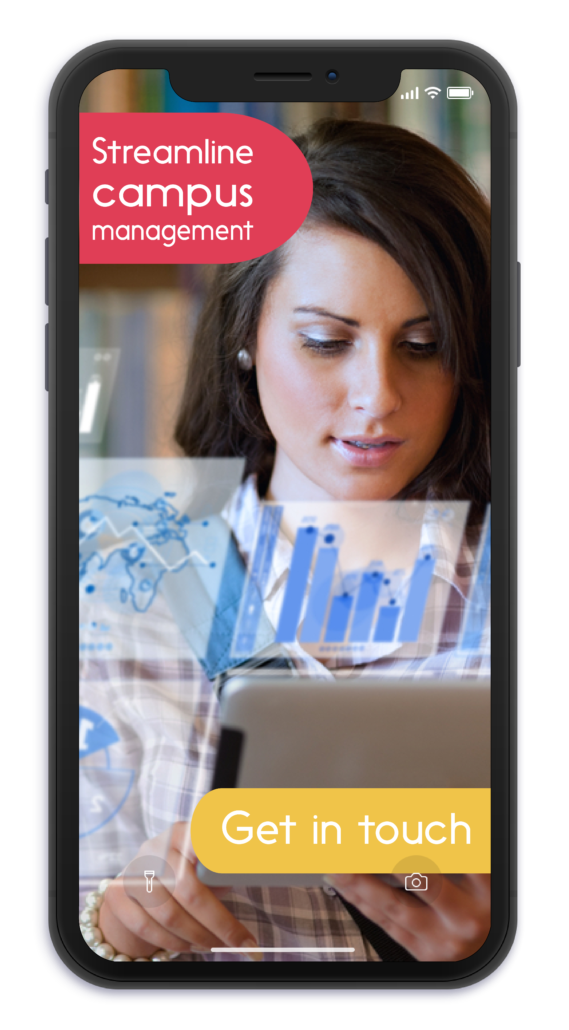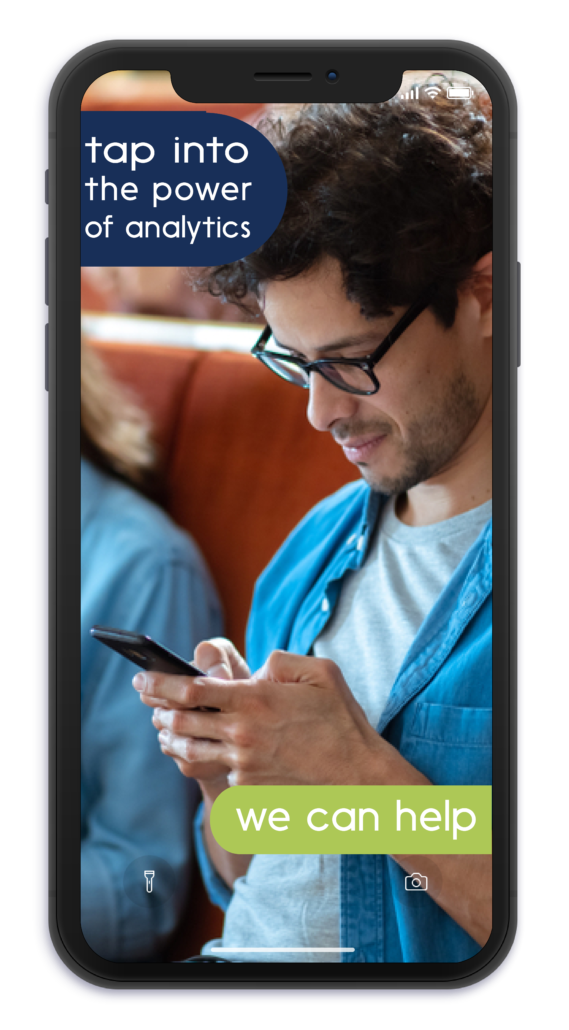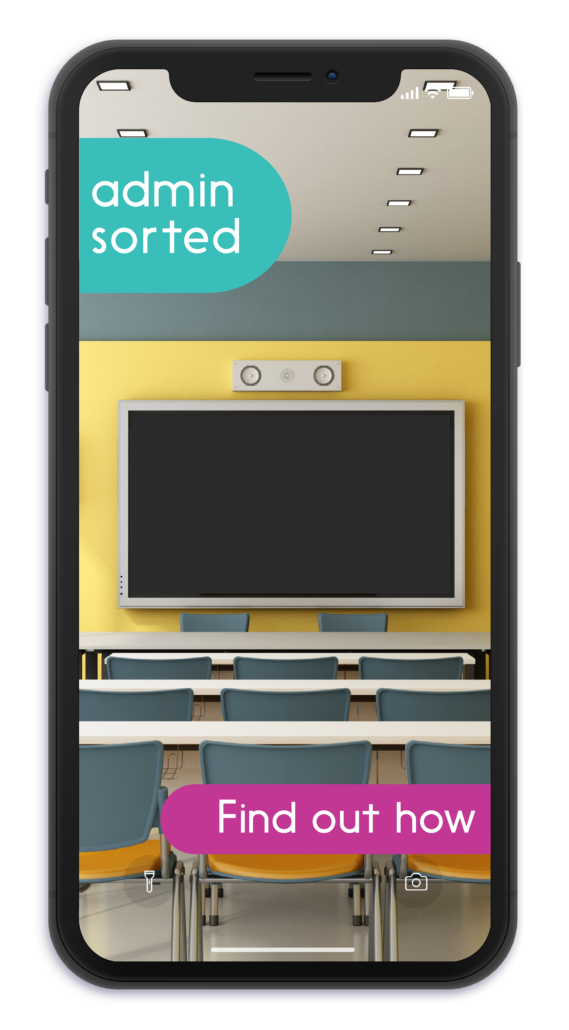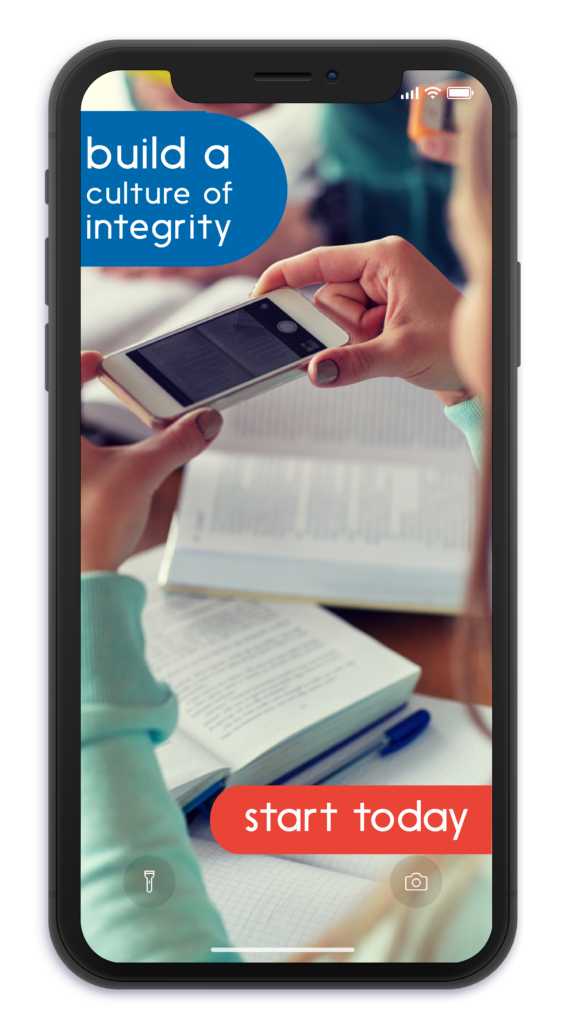Modo WorkReady
Modo WorkReady empowers organisations of any size to deploy a back-to-work app in hours that keeps employees informed in real-time and requires no technical skills to build.
Modo WorkReady is a no-code app building solution designed to be set up, branded, and deployed in a few hours.
Employees then download a single app onto their phones and tablets and are ready to go immediately. Companies make the app their own with their corporate branding, specific information, and the functionality and features aligning with their back-to-work strategy. The employee WorkReady app serves as a hub for the distributed workforce and keeps both in-office and remote employees informed, connected, and safe.
Features of Modo WorkReady
- A scaled solution that expands to serve all corporate locations and all employees, with content specific for each location
- Proximity-based rich notifications triggered by Bluetooth beacons and geofences to enable instant notifications to any employee entering an at-risk location, or to alert them of location-specific safety and wellness policies
- Real-time deployment of app content to give employees up-to-the-minute policy and procedure updates
- Secure employee health status self-reporting
- “New normal” office tours to prepare employees for changes in work protocols and policies before they arrive at the office
- Indoor maps to quickly learn new floorplans and locate sanitation and PPE stations
- Food and dining options with guidance to support safe distancing and sanitation and personal protective equipment (PPE) requests
- Quick Polls to assess employee comfort level, collect instant feedback, and nudge user behavior
- A solution built on the industry-leading Modo Workplace® platform, enabling WorkReady companies to expand the solution into a holistic, unified, fully integrated employee experience app
Get in touch
